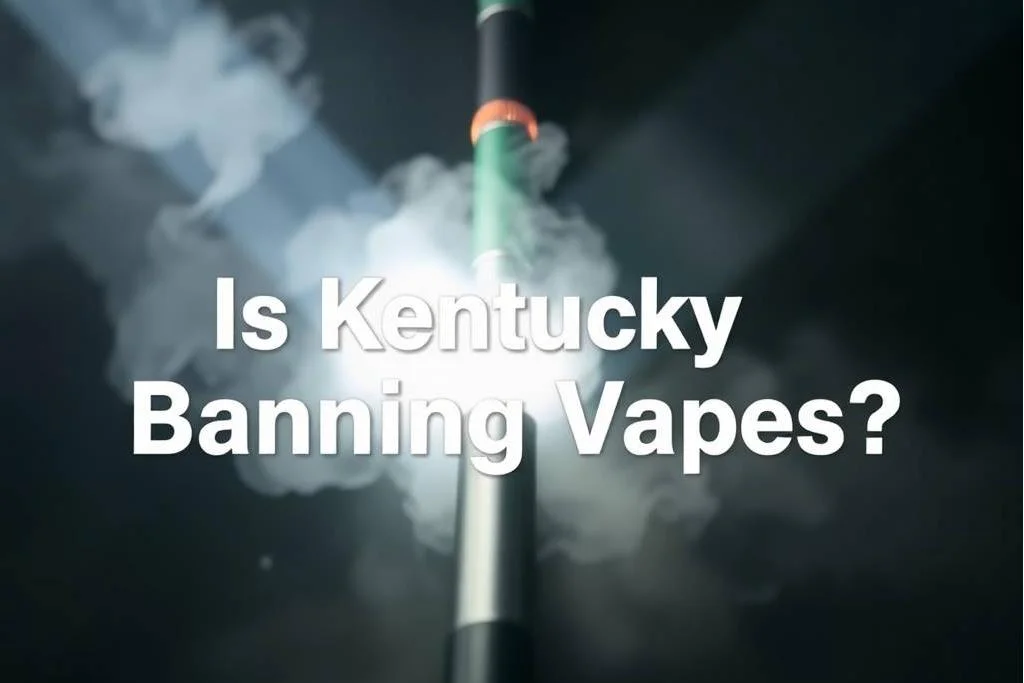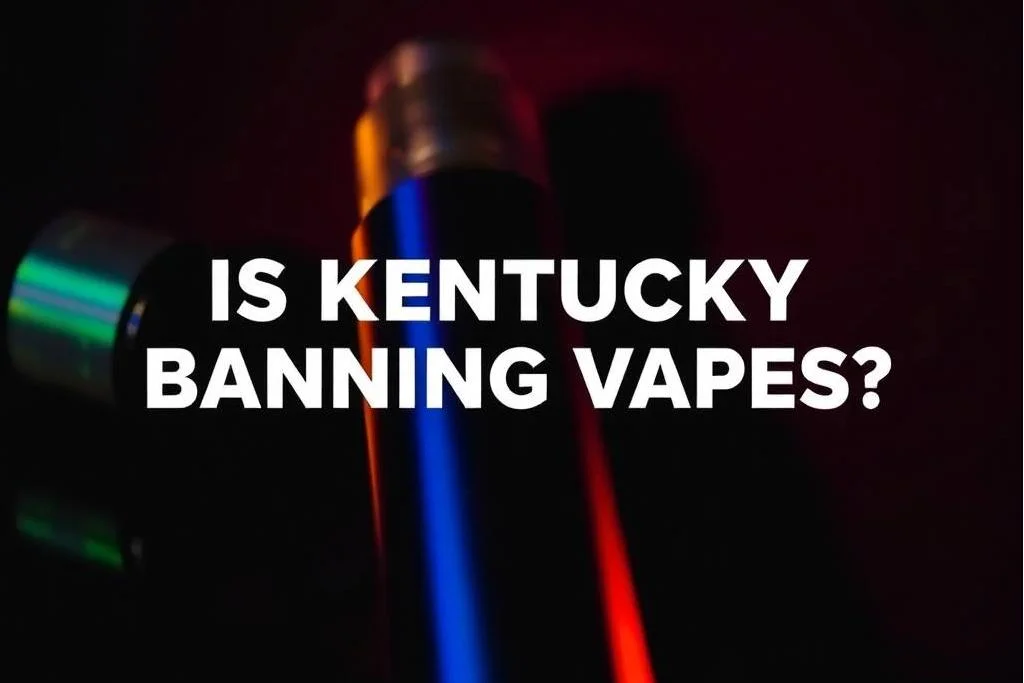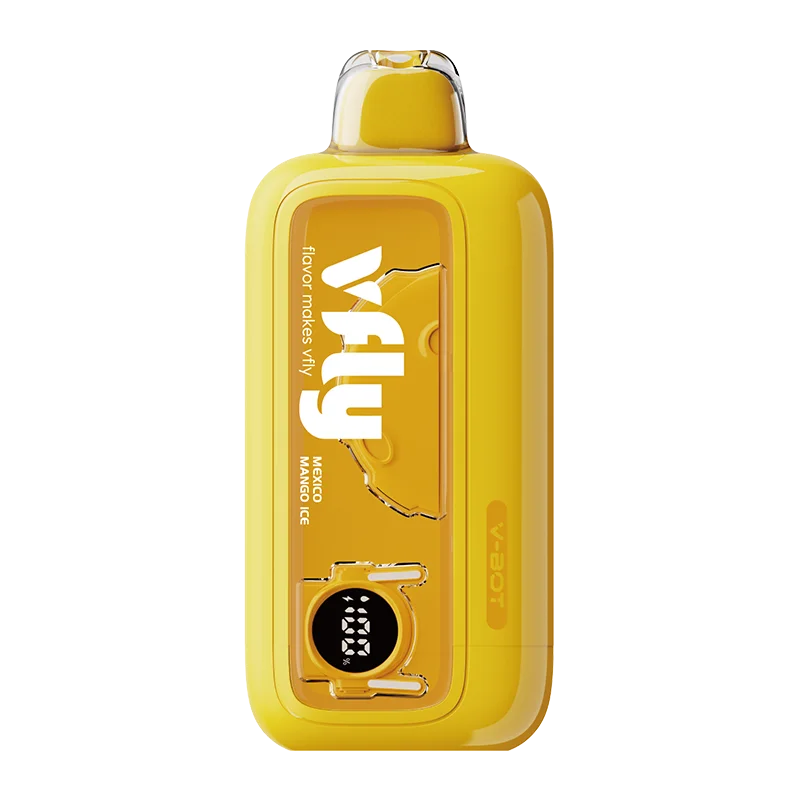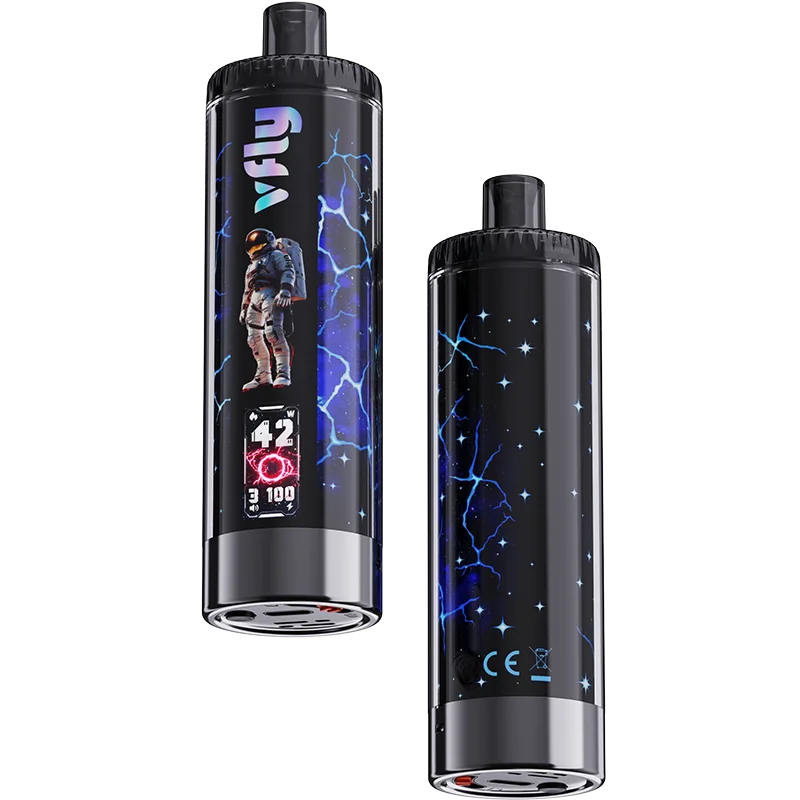Is Kentucky Banning Vapes?
As of 2025, Kentucky is not imposing a total ban on vaping, but the state has passed sweeping new restrictions that significantly curtail what vaping products may legally be sold. These changes amount to one of the tightest regulatory shifts for vape access in the U.S. — and they are already reshaping the market and threatening small vape businesses. Below is an up-to-date breakdown of the law, its impact, legal challenges, and what vapers and retailers in Kentucky should watch.
What the New Law Does: House Bill 11
1. FDA Authorization Required
Beginning January 1, 2025, Kentucky’s new vaping law (House Bill 11) prohibits retailers from selling any vape products that lack formal FDA authorization or “safe harbor” certification.
“Safe harbor” refers to those products for which a manufacturer submitted a premarket tobacco product application by September 9, 2020, and whose applications remain under review or appeal.
Only about 30–40 vaping products had secured FDA authorization or been maintained in safe harbor status by late 2024, meaning the vast majority of devices and e-liquids currently on sale are at risk of being delisted.
2. Flavor & Device Restrictions
Under the new law, only tobacco-flavored or menthol tobacco vaping products (among those FDA-authorized) are permitted.
Popular disposable vapes, such as Mr. Fog and Geek Bar, are directly targeted and will no longer be legally sold unless they secure authorization.
Retailers are already reporting having to remove over 80 % of their inventory.
3. Retailer Database & Enforcement
The law mandates that the Kentucky Secretary of State maintain a list of retailers selling “authorized” products, feeding data to the Department of Alcoholic Beverage Control to monitor compliance.
Violations may carry penalties, and the law also explicitly targets wholesalers and manufacturers distributing unauthorized products.
4. Other Existing Kentucky Vape & Tobacco Laws
These new provisions build on preexisting Kentucky laws regulating vapor products. Among them:
- Sales, distribution, or free samples to persons under age 21 continue to be prohibited.
- Possession and use by persons under 21 are also forbidden.
- Additional restrictions: vending machines, on-site use in many public settings, and licensing requirements (to take effect January 1, 2026).
Kentucky’s tax scheme for vapor products also applies: $1.50 per prefilled cartridge (closed systems) and 15% of the distributor price for open systems.
And although state law doesn’t blanketly ban vaping indoors everywhere, local municipalities may choose to restrict vaping in indoor public places, bars, restaurants, etc.

Impact So Far: Retailers, Consumers & Supply
1. Retailer Strain & Losses
Many vape shop owners say the law is a “death sentence” for their businesses. Some report having to trash enormous stock — one store lost over $120,000 putting unsellable inventory in the garbage. Others foresee having to shutter entirely.
Because only a narrow slate of FDA-approved products remain legal, many retailers say their shelves will be drastically thinned.
2. Consumer Reactions
Some vapers have started stockpiling ahead of the January cutoff, fearing they won’t be able to replace their preferred products legally.
Critics of the law warn it may push some users back to combustible cigarettes — especially if more restrictive options are all that remain.
3. Legal Challenges
Shortly after HB 11 was signed, vape retailers, the Kentucky Hemp Association, and other parties filed a lawsuit challenging the law’s constitutionality. Their arguments include:
- The law may violate due process under the 14th Amendment by denying a pathway for hemp-derived vape products, which the FDA does not regulate.
- The wording is overly broad, potentially banning non-nicotine vapor products or even unrelated devices (critics argue).
The case’s outcome could carve back or reshape HB 11.
Is Kentucky Really “Banning vapes”? The Nuances
It’s crucial to clarify that Kentucky is not banning vaping entirely. The state is restricting what products may legally be sold, not outlawing vaping for adults per se.
- Approved products (FDA-authorized or safe harbor) may continue to be sold, provided they meet tobacco or menthol flavor limits.
- Vapers are still allowed to use legal devices in locations where vaping is permitted.
- Some district courts or judges might issue injunctions if the legal challenge succeeds, at least temporarily softening enforcement.
So while the law may appear banlike in effect — given how many devices will be removed — it is legally a regulation, not a prohibition.

What This Means for Vapers & Shop Owners — Action Steps
1. For Vapers in Kentucky
- Check legality: Before purchasing, verify whether a product is FDA authorized or within safe harbor.
- Stock wisely: If you rely on niche flavors or brands, consider accumulating backup supplies legally before restrictions tighten.
- Stay informed: Follow the outcome of the pending courts case — retailers may gain or lose protections depending on the ruling.
- Be cautious online: Be wary of gray-market imports; possessing or importing prohibited products may carry legal risks depending on interpretation.
2. For Vape Retailers
- Audit inventory: Identify which products in stock are noncompliant and plan how to phase them out.
- Engage in the lawsuit: Many organizations are coordinating legal support — join or monitor these efforts.
- Update compliance systems: Be prepared for state audits, retailer listing, and possible fines.
- Adjust business models: Increase focus on hardware, accessories, or legal products. Some shops may consider diversifying into adjacent products unaffected by the law.
- Lobby and advocate: Work with local and state lawmakers to push for clarifications, modifications, or reversals.
Outlook & Key Dates to Watch
| Date / Period | What to Watch | Why It Matters |
|---|---|---|
| Jan. 1, 2025 | Full enforcement of HB 11 | All unauthorized vape products must be withdrawn from retail shelves. |
| Jan. 1, 2026 | Implementation of retailer licensing regime | New rules may require permits to legally operate vape retail. |
| 2025 legislative session | Possible amendments or rollbacks | Lawmakers may revisit aspects of HB 11 amid backlash and economic impact. |
| Court decision in challenge to HB 11 | Could enjoin enforcement or require changes | If the court rules favorably for retailers, parts of the law may face revision or suspension. |
At present, the law’s stringency means many vapers and retailers are operating under a cloud of uncertainty. The legal and regulatory landscape remains fluid.
Conclusion
As of 2025, Kentucky hasn’t completely banned vapes, but House Bill 11 has imposed strict new rules that took effect on January 1, 2025. The law bans sales of any vape products not approved or under review by the FDA, leaving only a few tobacco and menthol-flavored options legal. Most disposable and flavored vapes are now off shelves, forcing many vape shops to cut inventory or close. While adults can still vape, choices are limited, and lawsuits are underway challenging the law’s constitutionality and impact on small businesses.
FAQs
1. Is Kentucky fully banning vapes?
No, Kentucky is not imposing a full ban on vaping. Instead, under House Bill 11, which takes effect January 1, 2025, the state will prohibit the sale of vape products that do not have FDA authorization or safe harbor status. Only a subset of devices and e-liquids that meet those regulatory criteria may be legally sold.
2. Which vape products will no longer be allowed in Kentucky?
After January 1, 2025, Kentucky retailers must remove any vaping products that lack FDA authorization or “safe harbor” certification. This includes most flavored disposables and many common e-liquids and devices currently on shelves. Kentucky’s law also restricts allowed flavors to tobacco or menthol in many cases.
3. Who is affected by House Bill 11 in Kentucky?
HB 11 applies to manufacturers, wholesalers, and retailers of vapor products within Kentucky. Retailers must ensure all in-stock products comply with the new authorization requirement or face fines and penalties. Wholesalers also must verify the retail legitimacy of products before distributing them.
4. Are there penalties for selling unauthorized vape products?
Yes. Under the new law, retailers and wholesalers who sell vape products without required FDA authorization or safe harbor status may face civil penalties. The law also mandates a noncompliance database, and unpaid fines longer than 60 days may bar a retailer from selling tobacco or vapor-nicotine products until resolved. Additionally, violations related to underage sales are subject to increased fines under HB 11.
5. Is HB 11 being challenged legally?
Yes. Shortly after HB 11 was signed into law, vape shop associations, hemp groups, and other stakeholders filed a lawsuit challenging its constitutionality, especially regarding how it treats hemp-derived vape products (which are not regulated by the FDA) and whether it provides due process. However, recent reports indicate a court dismissal of one challenge, which could limit legal relief for opponents.



